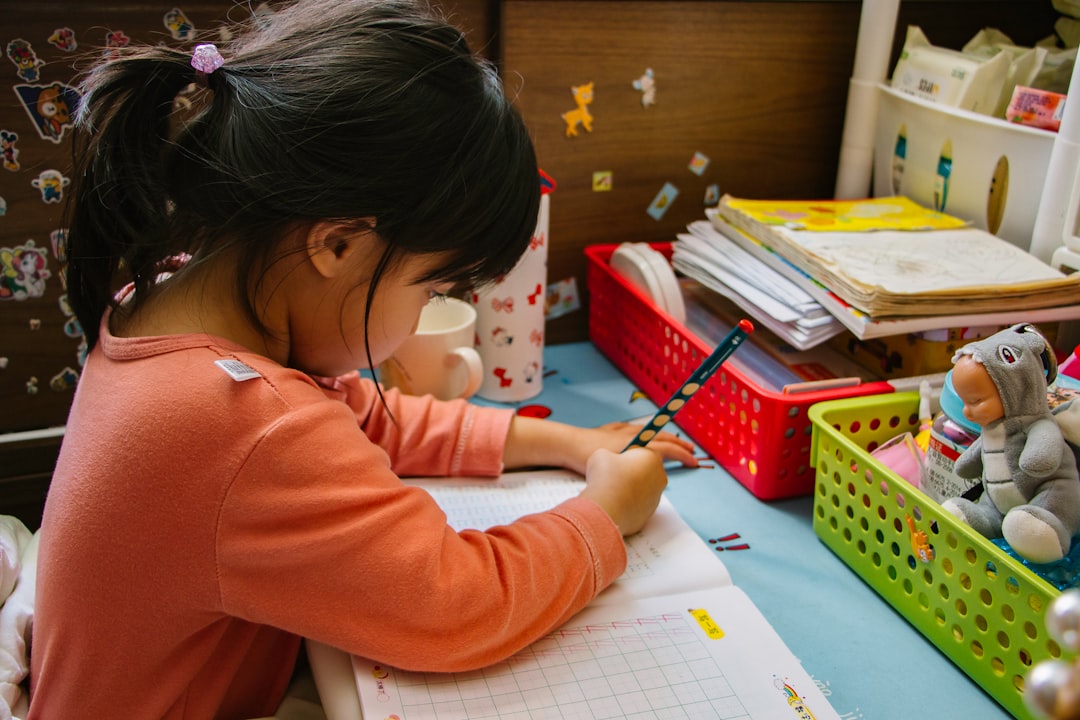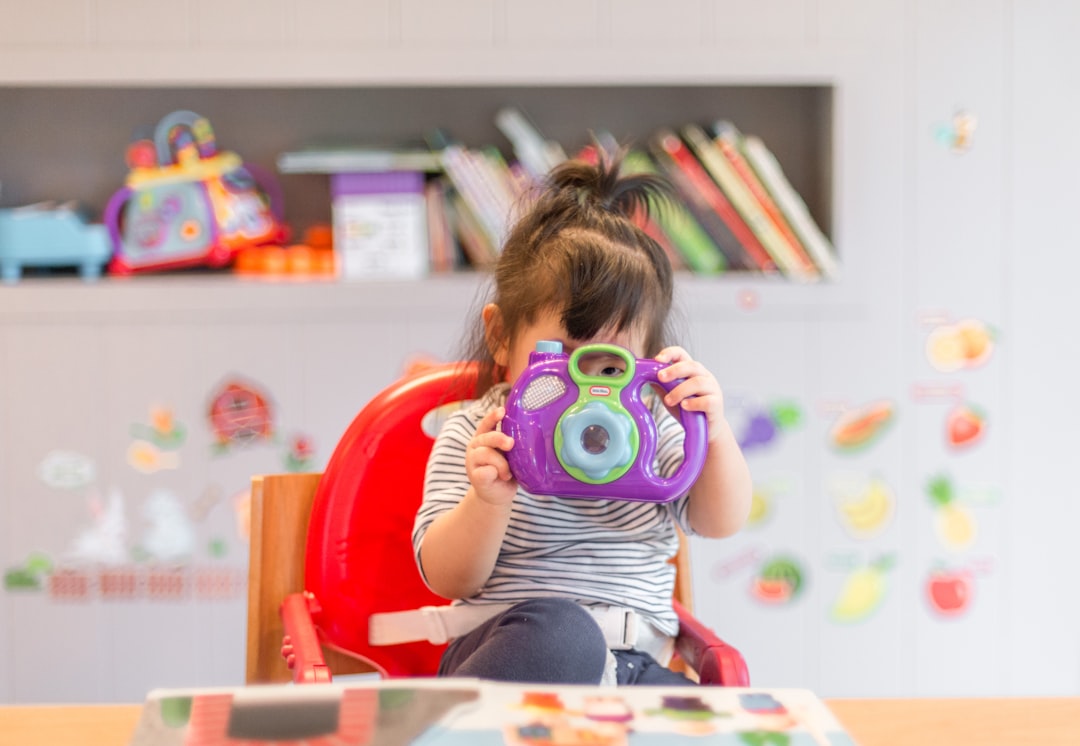Parents seeking justice for daycare abuse in Houston, Texas, must consult experienced daycare abuse attorneys. State regulations protect children, and immediate reporting to authorities is crucial. Balancing benefits and costs, trials aim to hold accountable parties, secure justice, raise awareness, and provide compensation. Choosing the right daycare abuse attorneys with expertise in state laws, child welfare policies, tailored strategies, and robust litigation options is essential for effective advocacy on behalf of affected children.
In Houston, Texas, understanding the legal landscape surrounding daycare abuse is crucial for parents seeking justice. This article guides you through the decision-making process when considering a trial in a daycare abuse lawsuit. We explore key factors, such as recognizing abusive behavior and determining the best legal approach, including when going to trial is the optimal strategy. Additionally, we emphasize the importance of choosing experienced daycare abuse attorneys in Houston, TX, who can navigate complex legalities and advocate for your rights effectively.
Understanding Daycare Abuse Laws in Houston, TX
In Houston, Texas, understanding the laws surrounding daycare abuse is paramount for parents and guardians seeking justice. Daycare abuse attorneys in Houston TX play a crucial role in navigating these complex legal matters. State laws protect children under specific age thresholds from neglect, injury, or any form of harm while in the care of licensed daycares or child care centers. These regulations mandate that caregivers maintain safe environments, adhere to proper supervision ratios, and ensure the overall well-being of the children in their charge.
Parents who suspect their child has been a victim of daycare abuse should immediately contact local authorities and consult with experienced daycare abuse attorneys in Houston TX. Legal professionals can guide them through the process, helping to gather evidence, file reports, and determine the best course of action, whether that involves mediation, settlement negotiations, or taking the case to trial.
When is Going to Trial the Best Option?
When considering whether to go to trial in a Houston daycare abuse lawsuit, it’s crucial to weigh the potential benefits against the costs. Going to trial is often the best option when the evidence is strong and compelling, indicating clear liability on the part of the daycare facility or its staff. Daycare abuse attorneys in Houston TX can help assess this by examining medical records, witness statements, and other relevant documentation. If these reveal patterns of neglect, physical harm, or emotional abuse, a trial becomes a powerful tool to hold the responsible parties accountable and secure justice for the victims.
Additionally, a trial offers an opportunity to bring public attention to the issue, potentially raising awareness about daycare safety and holding the community accountable. It can also lead to significant financial compensation for the victim, which can be crucial for their healing and recovery process. However, it’s essential to prepare thoroughly, as trials are complex legal battles that require extensive evidence and persuasive argumentation from experienced daycare abuse attorneys in Houston TX.
Choosing the Right Daycare Abuse Attorneys for Your Case
When pursuing a daycare abuse lawsuit in Houston, Texas, selecting the right legal representation is a pivotal step. You’ll want experienced and knowledgeable daycare abuse attorneys who have a proven track record in this specialized area of law. Look for attorneys with a deep understanding of state regulations and child welfare policies, as these are crucial aspects of daycare abuse cases.
A reputable Houston-based law firm specializing in such cases would ideally have a team that can offer tailored strategies, effective negotiation skills, and robust litigation options. They should be adept at navigating complex legal procedures, gathering compelling evidence, and advocating for your rights and the well-being of the affected child(ren).





